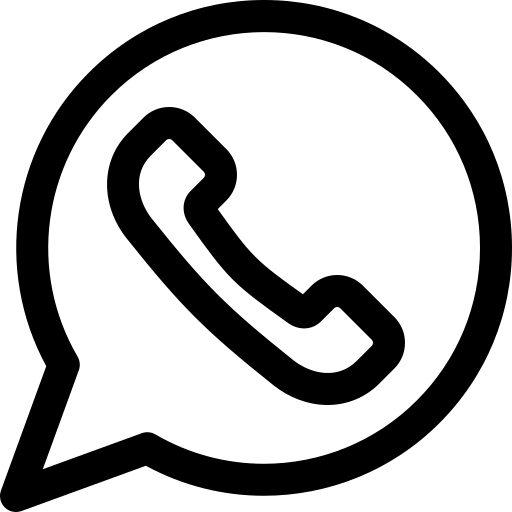Why War? Was the question Freud famously asked in relation to the flagrant forms of (self-)destruction he witnessed and was subjected to in his time. “Religion” was the answer he gave to a related albeit different and implicit question asking about the most encompassing and historically solid form of collective illusion.
Freud’s question and Freud’s answer were by no means original; they rather seemed unavoidable. He asked and answered with many others, well integrated into intellectual discourse, however marginal the position of it. More original, to many even scandalous, were his explanations: the hypotheses of the death drive and of murder at the origin of society; the incommensurable fact and never healing wound of what is called sexuality.
Freud was careful enough to construct his convictions as hypotheses, even as “speculations” drafted in analogy only to biological concepts or as extractions from narratives of the historical sciences. And he was, despite his skepticism in relation to philosophy, philosophically sound enough to accompany those hypotheses with a new type of subtly crafted epistemology comprising the art of the detail, overdetermination of facts and causal complexity, as well as a quasi-transcendental limitation of knowledge and an almost autobiographical inscription of the thinking subject into its object and methodology. He also knew that no thinking ever happens individually, and coined concepts for it—transference, identification—that, stretching from the most minute clinical experience to collective psychology, make thought and science a differentiated, conflictual, paradoxically distributed force field determined by ambivalence and not to a little extend by hateful tendencies.
It is from this cluster of terms, concepts, and methods that we might be able to approach what is unavoidable today without, however, pretending that Freud’s answer and question would have become irrelevant—far from it. But it is certainly the laying waste of major parts of the life-procuring environment together with its long-lasting preparation through excessive modes of production as well as its continuing denial that presents both the major form of (self-)destruction as well as an impressive complex of illusion, even delusion, that those calling themselves “humans” present to themselves today.
Is destruction really only a side effect or—in-principle avoidable—collateral damage to production and reproduction? Is it necessary to think a certain function of (self-)destruction, however uncomfortable the hypothesis, to have a chance to diminish its reign? How might the hypothesis of a death drive be reconstructed? How might we hear today Freud’s lapidary remark that the “incomplete voidance of the products of its own metabolism” has to be seen as “the ultimate cause of the death of all higher animals”? What biological explanation, elaboration or speculation might be necessary to think the organism that destroys its own environment? What lessons are to be taken from those approaches in the anthropological, social, political, and historical sciences that analyze phenomena and structures of expenditure, waste, pollution, and excretion? How much “animism” and “childhood megalomania” is part of the capitalist economy of unrestrained production? And what kind of epistemology is apt for a “thinking subject” to which obviously the strongest desire to not want to know and to not understand certain elements about itself and its condition is inextricable? How to reformulate the hypothesis of the unconscious as waste land? Or— in a more Freudian way—what kind of war is the destruction of the environment? What kind of murder is the religion called capitalism?
Syllabus
4 Sessions à 3 hours Each:
Session 1: Freud on War and Destruction
Session 2: Georges Bataille on Expenditure
Session 3: Biological Speculations on Destruction and Environment
Session 4: Towards Some Hypotheses on the Enjoyment of Waste with Lacan and Others
Bibliography
S. Freud, Why War?
---, Beyond the Pleasure Principle
---, Totem and Taboo
Georges Bataille, The Notion of Expenditure
---, Visions of Excess
Lynn Margulis, What is Life?
---, [various articles]
Jacques Lacan, The Four Fundamental Concepts of Psychoanalysis
---, Encore
---, [various articles]



.png)

